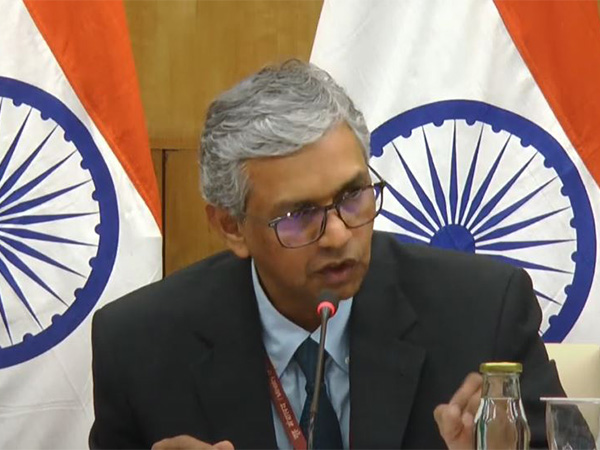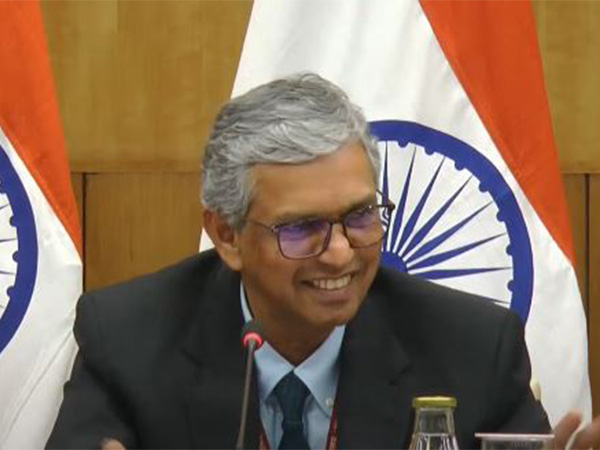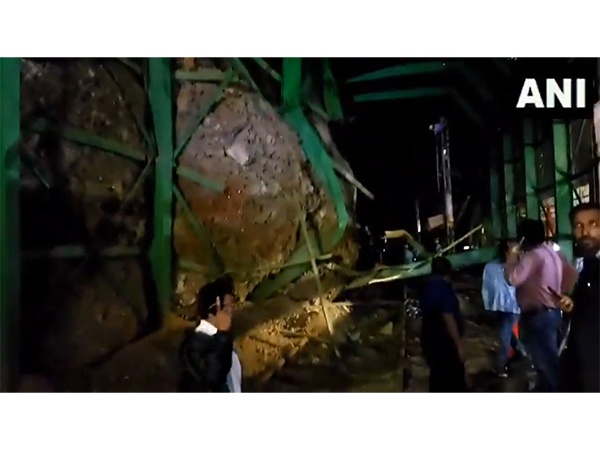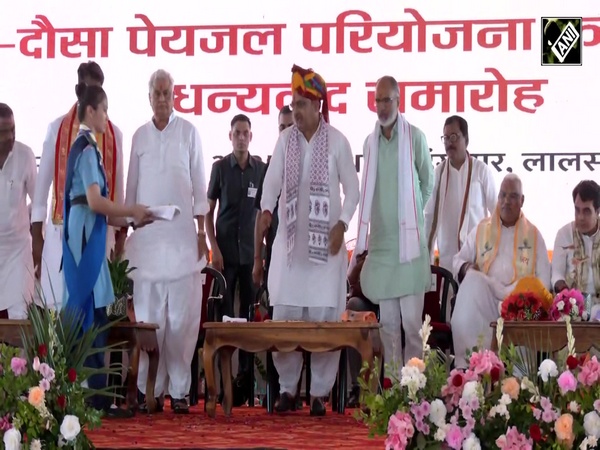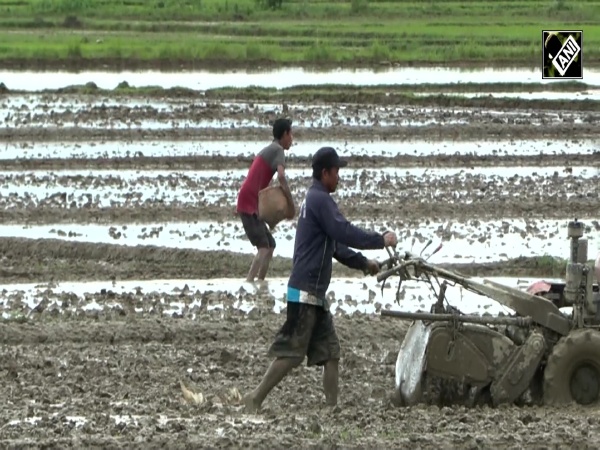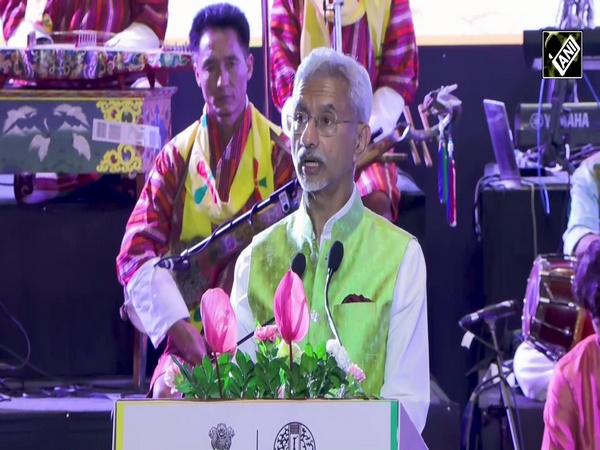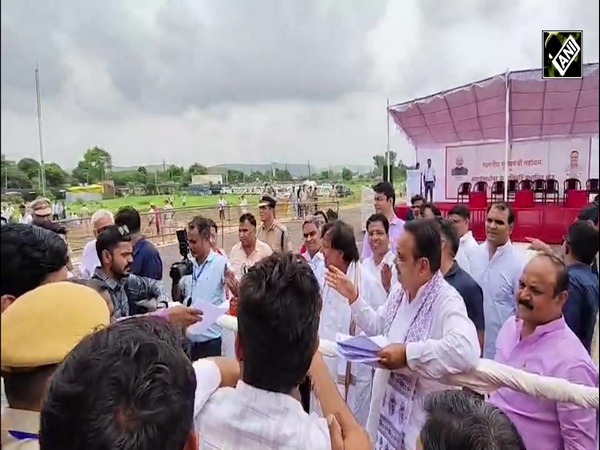Pakistan's default risk at 'dangerous levels': PML-N leader Miftah Ismail
Nov 28, 2022

Islamabad [Pakistan], November 28 : Pakistan's default risk has climbed up again and reached dangerous levels and there is no room left for error, former Finance Minister and PML-N leader Miftah Ismail has said and noted that concrete measures that reassure markets and lenders are urgently needed.
He said the default risk won't vanish even after the December bonds are paid off.
In an article in Dawn, he said current account deficit has been the basic problem with Pakistan's economy.
He said there was a time in the 1950s when Pakistan's exports were more than South Korea's and a time in the 1990s "when our exports were more than Vietnam's".
"Today, South Korea's and Vietnam's exports are 18 times and six times more than Pakistan's respectively. So the story of our relative decline is both old and consistent. However, it has taken on a sharper edge in this century."
Referring to the debate on rupee-dollar parity, he said it is best left to the market to determine the exchange rate. He talked about decline in the ratio of exports to GDP and said
Miftah Ismail, who had been Pakistan's Minister of Finance between April and September this year, talked about progressive decline in the ratio of exports to GDP, and said they tried to make amends.
"....The main criticisms were about our letting the markets decide the rupee-dollar parity, increasing fuel prices and raising taxes. We would've been happy if the dollar had organically depreciated, but I wasn't in favour of either, spending money or issuing administrative fiats to keep the dollar at a certain rate.
In his article in Dawn, Ismail emphasised that the number one priority of the finance minister should not be to make imports cheaper and export harder, which is what an appreciated rupee does. "We have been down this road before in 2007-8 and 2017-/18, without any joy," he said.
He said there is a large and persistent difference between the open market and the interbank exchange rates.
"This suggests that the State Bank is informally guiding banks on the exchange rate. The large difference is also detrimental to our exports and remittances and is encouraging imports. The other criticisms were increasing the price of fuel and imposing new taxes. But should our government be selling petrol at a loss? Moreover, if there are 2.2 million shops in Pakistan and only 30,000 pay income tax, is it not fair to ask them to pay just Rs 3,000 per month?
"Today, our default risk has climbed up again and reached dangerous levels. This risk won't vanish even after the December bonds are paid off. At the risk of sounding an alarm, I have to say that we have no room left for error. Concrete measures that reassure markets and lenders are urgently needed," he added.
Ismail said there comes a time when the national interest must prevail over political interest.
"This is that time. This government will have no right to criticise PTI or anyone else if, having eagerly decided to come in power, it is unable to do what is right for the country," he said.
Last week, Pakistan's default risk increased sharply amid political turmoil. Pakistan's default risk was measured by five-year credit-default swaps (CDS), insurance contracts that protect an investor against a default, Dawn reported.
The credit-default swaps increased and reached 75.5 percent on November 16 from 56.2 percent, Dawn cited data circulated by research firm Arif Habib limited. The increase in the CDS indicates a 'grave situation' making it extremely difficult for the government to raise foreign exchange from markets through bonds or commercial borrowings.


